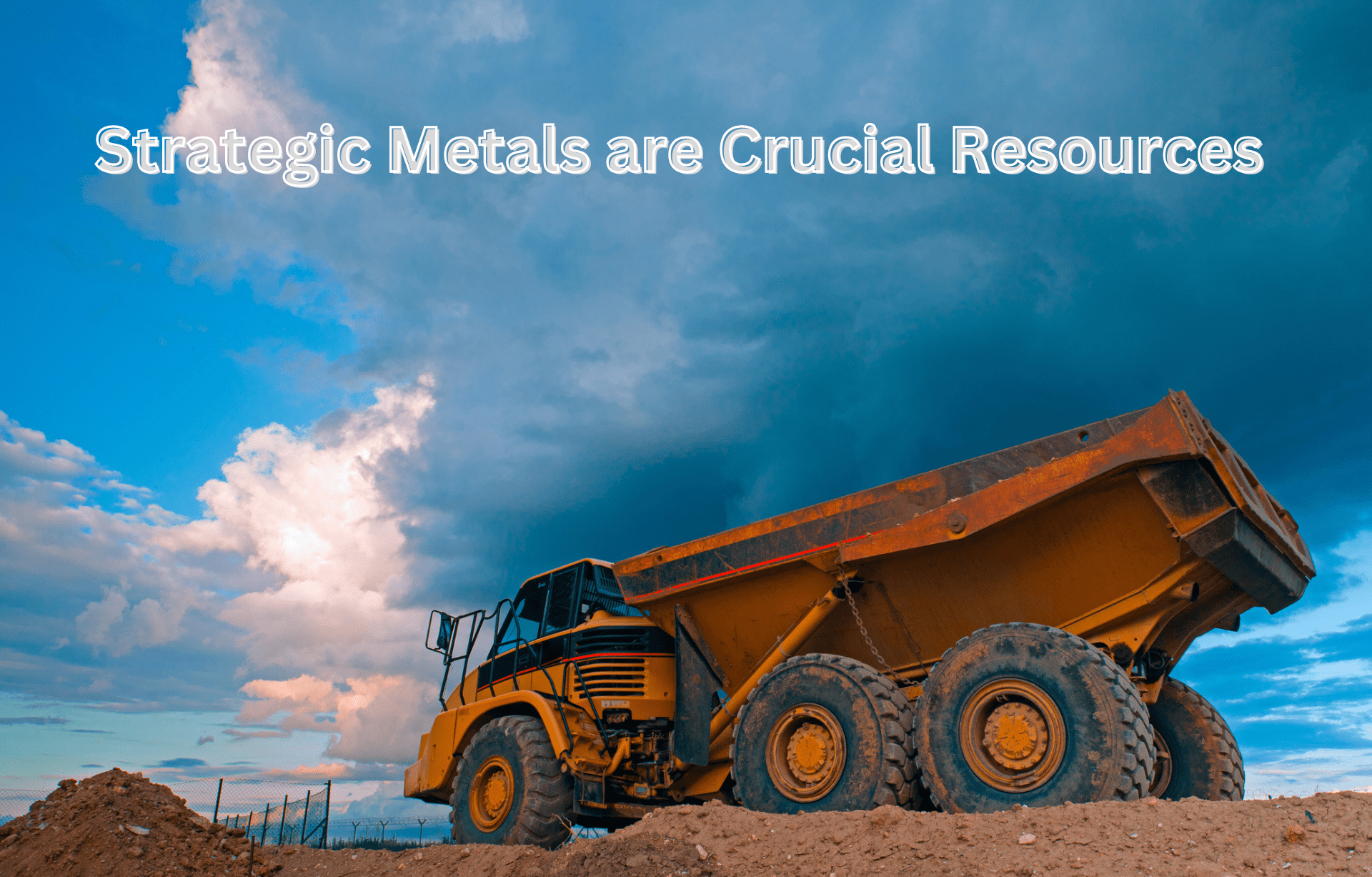
They are vital components in a variety of high-tech products, including electronics, aerospace equipment, and renewable energy systems. The strategic nature of these metals stems from their importance to the economy and national security of a country. In this essay, I will discuss some examples of strategic metals, their uses, and their global supply and demand.
One of the most well-known strategic metals is rare earth elements (REEs). These are a group of 17 elements that are essential in a variety of high-tech products, including smartphones, electric vehicles, and wind turbines. China currently dominates the global production of REEs, accounting for over 70% of the world’s supply. This has led to concerns about China’s control of this critical resource, with many countries looking to diversify their sources of REEs. The US and Europe have recently taken steps to increase their domestic production of REEs, but it will likely take years before they can reduce their dependence on China.
Another important strategic metal is lithium. This metal is used in rechargeable batteries for electric vehicles and mobile devices, as well as in ceramics and glass manufacturing. The growing demand for electric vehicles has led to a surge in lithium prices, as car manufacturers seek to secure supplies of this critical resource. The largest producers of lithium are Australia, Chile, and Argentina, which together account for over 80% of the world’s supply. However, there are concerns about the environmental impact of lithium mining, particularly in countries with lax regulations.
Cobalt is another strategic metal that is essential for the production of rechargeable batteries. This metal is particularly important for electric vehicles, which require large amounts of cobalt to store and deliver energy efficiently. The Democratic Republic of Congo (DRC) is the world’s largest producer of cobalt, accounting for over 60% of the world’s supply. However, the mining of cobalt in the DRC has been linked to human rights abuses and environmental damage, leading to calls for more responsible sourcing of this critical resource.
Platinum group metals (PGMs) are a group of six metals that are widely used in the automotive industry, particularly in catalytic converters. These metals include platinum, palladium, rhodium, ruthenium, iridium, and osmium. South Africa is the largest producer of PGMs, accounting for around 70% of the world’s supply. The high value of PGMs has also led to concerns about their theft and illegal trade, particularly in countries with weak governance.
Tungsten is a strategic metal that is used in a variety of high-stress applications, including rocket nozzles, armor-piercing ammunition, and high-speed cutting tools. China is the largest producer of tungsten, accounting for over 80% of the world’s supply. However, the country has also been accused of manipulating the global tungsten market by restricting exports, leading to concerns about supply disruptions.
In conclusion, strategic metals are critical resources for the development of advanced technologies that power the modern economy. These metals are used in a wide variety of applications, including electronics, aerospace equipment, and renewable energy systems. However, the global supply and demand for these metals are often subject to geopolitical tensions, environmental concerns, and human rights issues. As countries seek to secure their access to these critical resources, it is important to promote responsible sourcing, diversify supply chains, and develop alternative technologies that rely less on these metals.